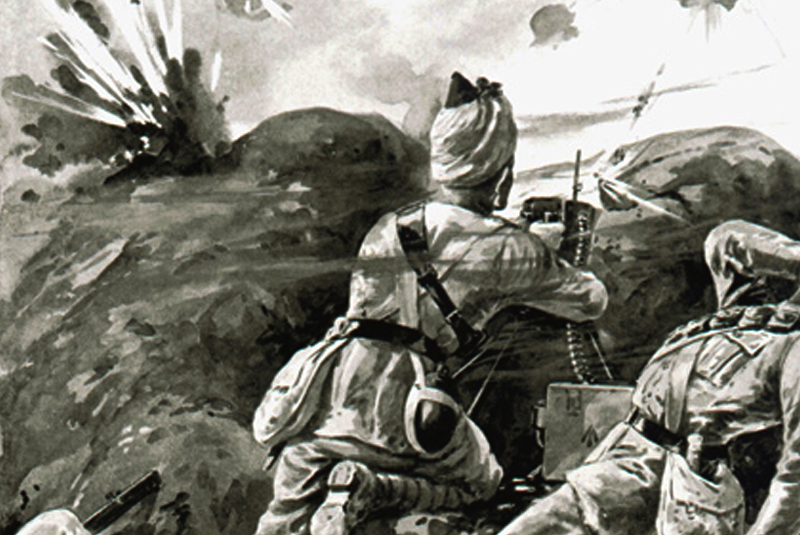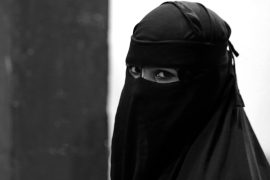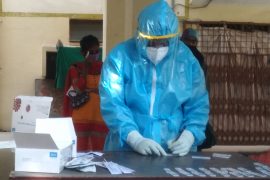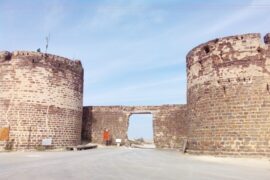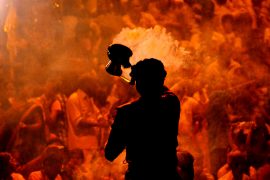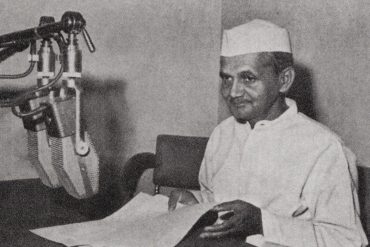The 129th Baluchis was an infantry regiment formed on May 6, 1846, in Karachi, Pakistan, which was a part of British India. Men from the Sindh region were recruited, including Balochis, Sindhis, and Pathans – ethnic groups heavily influenced by Islamic culture. Brahuis and Punjabi Muslims joined them later.
During the World War I, around 400,000 Muslim troops served in the British Indian army. Most of them were from pre-partition India — present-day India, Pakistan, and Bangladesh. None of them had ever travelled to Europe before joining the army. Worse, they did not know what the wars meant. Consequently, they could not have predicted the horrors they would face. But by the time the World War I finished, over 47,000 Indian troops had been killed, 65,000 had been injured.
In 1914, the British army recognised their “great sacrifice” by honouring them with a Victoria Cross, the highest recognition in the British armed forces. The first Indian soldier to be awarded the Victoria Cross was a man named Khudadad Khan.
Khudadad Khan Minhas was born in 1888 in a small hamlet called Dab, Chackwal, Punjab, present-day Pakistan. He served in the 129th Duke of Connaught’s Own Baluchis, an infantry regiment, as a machine gunner. In 1914, he was deployed to the Western Front.
-30-
Copyright©Madras Courier, All Rights Reserved. You may share using our article tools. Please don't cut articles from madrascourier.com and redistribute by email, post to the web, mobile phone or social media.Please send in your feed back and comments to [email protected]

